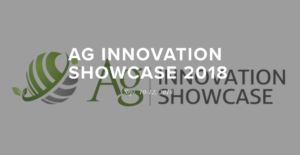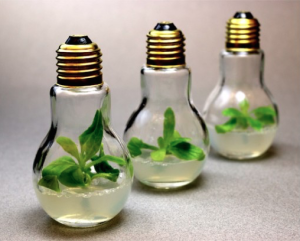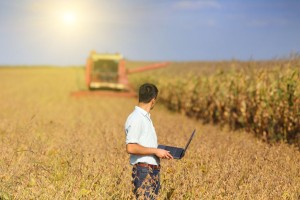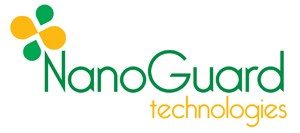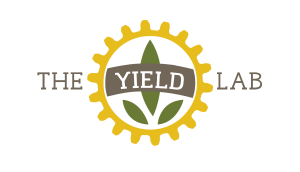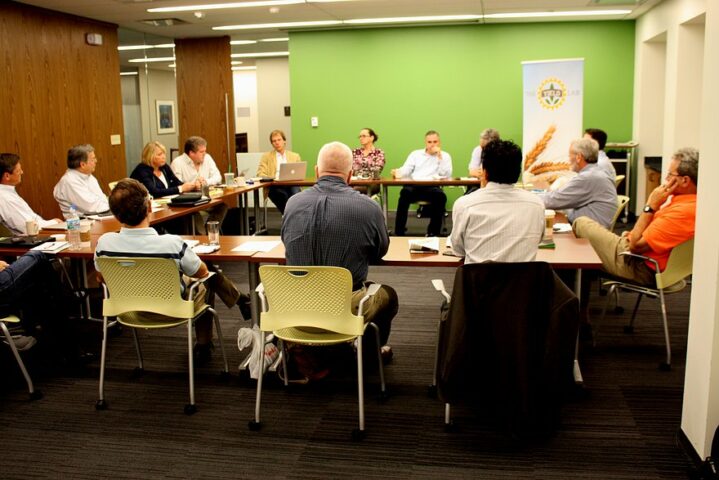
Presented by BioSTL
Climate Change: The Yield Lab’s Answer to the Standard Accelerator Model
The right climate is crucial for growth. The Yield Lab knows that’s as true for agriculture as it is for startups. By identifying promising companies and matching them with St. Louis’ natural resources: technology, innovation, and a large scientific community, the St. Louis Agriculture Technology accelerator produces sound startups that are ripe for the next stage of investment.
Thad Simons, one of The Yield Lab’s managing directors, shares how reshaping the accelerator model works for them.
Walk us through Yield Lab’s launch.
We started in 2014. And we officially launched it in September in the Ag Innovation Showcase.
By the end of October, we had our first application pool come through. We had an investment in January, and our first class in 2015. And then we repeated that.
It seems like it got off the ground really fast.
Oh yeah. When we launched in September of 2014, we only had business cards for the team. We had no money in the bank.
We were doing fundraising at the same time as we were identifying companies. So that was fun.
In that sense, we are doing the same thing again. We are looking to expand.
And there has been a lot of interest?
In the first 2 years we’ve had over 250 applications from over 32 countries, and we’ve been able to really draw from the best of the best.
What is the Yield Lab’s focus?
The Yield Lab has been investing in AgTech innovation companies that are going to be making important sustainable ways of dealing with challenges we have in producing enough food.
In 2050 there’s going to be about 9.5 billion people, so we need to think of ways to produce enough food in the next 35 years as we have produced in all of human history. Where is the innovation and technology going to come from so we can do that?
The Yield Lab differs from other accelerators. How so?
True accelerators are built off of what happened in the IT industry. Those are all built around the 12-14 week timeframe. They work with the companies. Every day they come to your location… We looked at that model and talked to people who worked with that model, and we kind of said, “well it doesn’t seem to work well with agriculture.”
There’s this thing called a growing season. And a lot of technologies really don’t know how well they’re doing till they’re out in the field.
If we give it more time, it’s true we will be able will do fewer companies, but we’ll do fewer companies, at least in terms of AgTech, better, so we will become more deeply involved with the companies. For us, it’s worked out.
So you operated with a different timeframe?
Right. Ours is a 9-month program where companies come to St. Louis for 2-3 days at the end of the month, and they have formal programming sessions when they will spend time with their mentors. Also they mentor even between the programing sessions.
There’s even opportunities for the companies and mentors to engage, and they would like to engage with companies into the future, so we can continue to network and to do marketing. We really want to ensure the companies are still doing well.
It’s not just putting a company out but we look at it for a longer-term engagement, which I think is the Venture Capital (VC) side of it. I think VCs with companies are with them 3, 5, 7 years, and they are with those companies over that time period. That’s kind of what we do– be that traditional VC role
Why launch The Yield Lab in St. Louis?
If you think of it, St. Louis is right here in the center of all this technology. It’s the largest concentration of Ph.D. plant scientists in the world–over 850, and it’s growing. The Danforth Center just accomplished an expansion of 79,000 square feet… hired new scientists.
So you think about that, and Monsanto’s growth, and new technology, that’s the ecosystem that’s here. We have all of those capabilities in town, so I think we have so much to offer in terms of people with relevant skills and technology.
What does St. Louis need right now?
We don’t have sufficient venture capital or angel capital that’s eligible for the space. So that’s why we [The Yield Lab] wanted to get started with this, so we could really be one of those groups who could help to vet companies and technologies in the space that could help other people to invest with confidence.
How are you measuring your companies’ success?
I think a couple of things would be the first year we invested $700,000 across 6 companies and there was more than 15 million dollars follower investment of other Venture Capitalists-into those companies, so that’s one KPI for us, which is making sure the companies are doing well, are on track, and that that other later-stage VC will be investing, so that’s good. Then it [KPIs] gets to be all anecdotal. Every company is a bit different.
You raised some good questions about the future and agriculture. What would you say about it here and now in St. Louis?
I guess my key message to the St. Louis community is we really are the center of agricultural technology in the world. We have the resources here. Everyone knows the institutions, the great corporations we have.
I think it’s really a question of, are we going to put the investment resources in that really allow us to continue to develop these innovations and attract more of these kinds of companies to St. Louis. The opportunity is here; the need is there.
I really invite more people who are interested in this area to start thinking about how are we going to produce the things we produce like food to feed 10 billion people. The scale is really incredible. The opportunity is incredible.
It’s a space we have a lot of people with deep industry experience in the St. Louis area. So it’s just trying to match up the investment side. Getting comfort among the angel investors, creating more interest in the Venture Capital investors, and seeing how we can carry this forward to really make sure we can are going to continue to lead.


